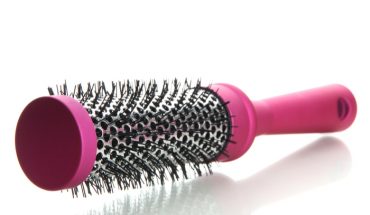This is a form of psychosis, triggered by a traumatic event or stressor, that lasts a short time only. Brief psychotic disorder is classed as an illness lasting from 1 day to 1 month, with an eventual return to normal level of functioning.
People suffering with the condition are more at risk of harming themselves or others. It tends to be more common among people who are in their thirties or forties.
It is not common. However, according to an international study, this kind of psychosis is ten times more common in developing countries than in industrialized countries. It is also twice as common among women as men. Some clinicians believe that the disorder may most frequently occur in patients from low socioeconomic classes, patients with pre-existing personality disorders, and immigrants.
Causes are largely unknown. Patients with personality disorder may have biological or psychological vulnerability toward the development of psychotic symptoms.
One or more severe stress factors, such as traumatic events, family conflict, employment problems, accidents, severe illness, death of a loved one, and uncertain immigration status, can precipitate brief reactive psychosis.
Some studies support a genetic vulnerability to brief psychotic disorder
How is it diagnosed?
Diagnostic criteria require presence of one or more of the following: delusions, hallucinations, disorganized speech, or grossly disorganized or catatonic behaviour. These criteria also require an episodic duration of the disturbance for at least 1 day but less than 1 month.
Patients with brief psychotic disorder have an abrupt onset of one or more of the following symptoms:
- Delusions: Rapidly changing delusional topics
- Hallucinations
- Bizarre behaviour and posture
- Disorganized speech
Treatment
Patients with acute psychotic attack may be helped by the removal of the specific stressor causing the problem. In some cases, however, they may need to be treated in hospital. If they become aggressive and pose a risk to themselves and others, they may need to be restrained.
In the event that symptoms are disabling, drugs can be used to ease the symptoms, although they should be used in the short term only. Tranquilisers may be used to achieve relief from symptoms of acute anxiety. Intramuscular ziprasidone is the most effective treatment of acute severe psychotic agitation.
This is not known but some clinicians believe that persons with personality disorders are more prone to develop brief psychotic disorder in stressful situations.
- Gut microbiome could delay onset of type 1 diabetes - 3rd April 2025
- The da Vinci 5 Robot Is Set To Transform Bariatric Care: - 31st March 2025
- Beyond money: the hidden drivers fuelling child food insecurity - 31st March 2025







This kind of psychotic episode is best known as schizoaffective or schizophreniform psychosis. It’s far from being the new entity you want us to think it is. (Read more: http://www.monografias.com/trabajos50/esquizofrenia-afectiva/esquizofrenia-afectiva2.shtml).